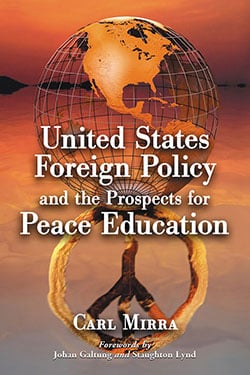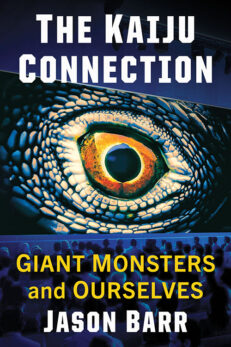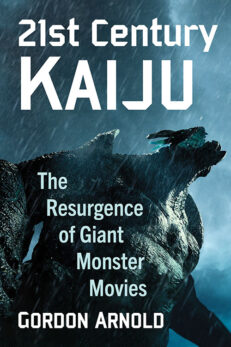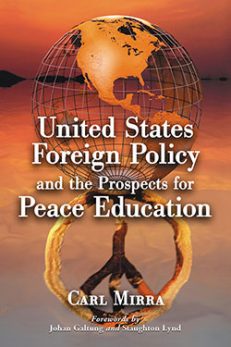United States Foreign Policy and the Prospects for Peace Education
$39.95
In stock
About the Book
In light of the United States’ “age of terrorism” and the controversial involvement in the war in Iraq, U.S. policies toward diplomatic peace education are coming under increasing scrutiny. This book evaluates the prospects for effective U.S. peace education in the context of post–1945 U.S. foreign policy. The work first documents the disparity between U.S. pronouncements about protecting human rights and the country’s systematic erosion of those rights in the international arena. Second, it evaluates the challenges that the war on terrorism poses for peace education and explores the importance of international treaties in upholding security. A final section explores new ways of thinking and relating that are ultimately necessary for the realization of nonviolent peacekeeping efforts. Designed as a resource text for U.S. educators, the text offers concrete proposals for addressing contentious foreign policy issues in the classroom and includes an appendix of primary documents and sample questions for easy use.
About the Author(s)
Bibliographic Details
Carl Mirra
Format: softcover (6 x 9)
Pages: 236
Bibliographic Info: appendix, notes, bibliography, index
Copyright Date: 2008
pISBN: 978-0-7864-3321-6
eISBN: 978-1-4766-1847-0
Imprint: McFarland
Table of Contents
Acknowledgments vii
Foreword: What Would the World Like the United States of America to Know about Peace? On Peace Education for Those Most in Need (by Johan Galtung) 1
Foreword (by Staughton Lynd) 5
Preface 13
Introduction 17
1. The Tasks of Peace Education 23
2. The Contours of U.S. Foreign Policy: A Critical Peace Education Perspective 35
3. Unacknowledged Guilt and U.S. Militarism 71
4. George W. Bush and the Resurrection of the Chosenness Syndrome after September 11: A Unique Challenge for Peace Education 96
5. The War on “Terrorism,” Iraq and the Challenges for Peace Education 108
6. The International Criminal Court as a Peace Educator: A Challenge for the United States 130
7. Toward a Critical Peace Pedagogy of Nonviolent Tension 136
Appendix: Using Primary Documents to Teach Contemporary U.S. Foreign Policy 157
Examining the Military-Industrial Complex 158
Analyzing the Manipulation of Information 162
Changing the Terminology from “War” to “Peace” 166
Notes 183
Bibliography 207
Index 221
Book Reviews & Awards
“recommended”—Choice
“hard hitting, insightful and rigorous”—Dr. Marvin Berlowitz, Professor and Director, University of Cincinnati, Urban Center for Peace Education
“this book is essential reading for all who work in the field of peace education. It is also essential for all persons concerned that this nation become a source in the world for peace, justice, and human solidarity…a rewarding book”—Dr. Douglas Sloan, Professor Emeritus of History and Education Teachers College, Columbia University
“that the U.S. could become a legitimate peace actor on the world stage may seem an incredulous idea at a time of imperial war and egregious abuses of U.S. power. This book makes a convincing case for why, like Thoreau, we need to fight with, against, and alongside U.S. policymakers to extend to all human beings the universal right to dignity and respect at the risk of always discovering some ‘evil-doers’ to loathe and despise. United States Foreign Policy and the Prospects for Peace Education is a book that needs to be read by cultural workers everywhere who desire social and economic justice for all those who inhabit planet earth. This is an especially important work for educators and both compliments and extends many of the struggles being engaged by those in the field of critical pedagogy”—Peter McLaren, Graduate School of Education and Information Studies, University of California, Los Angeles





